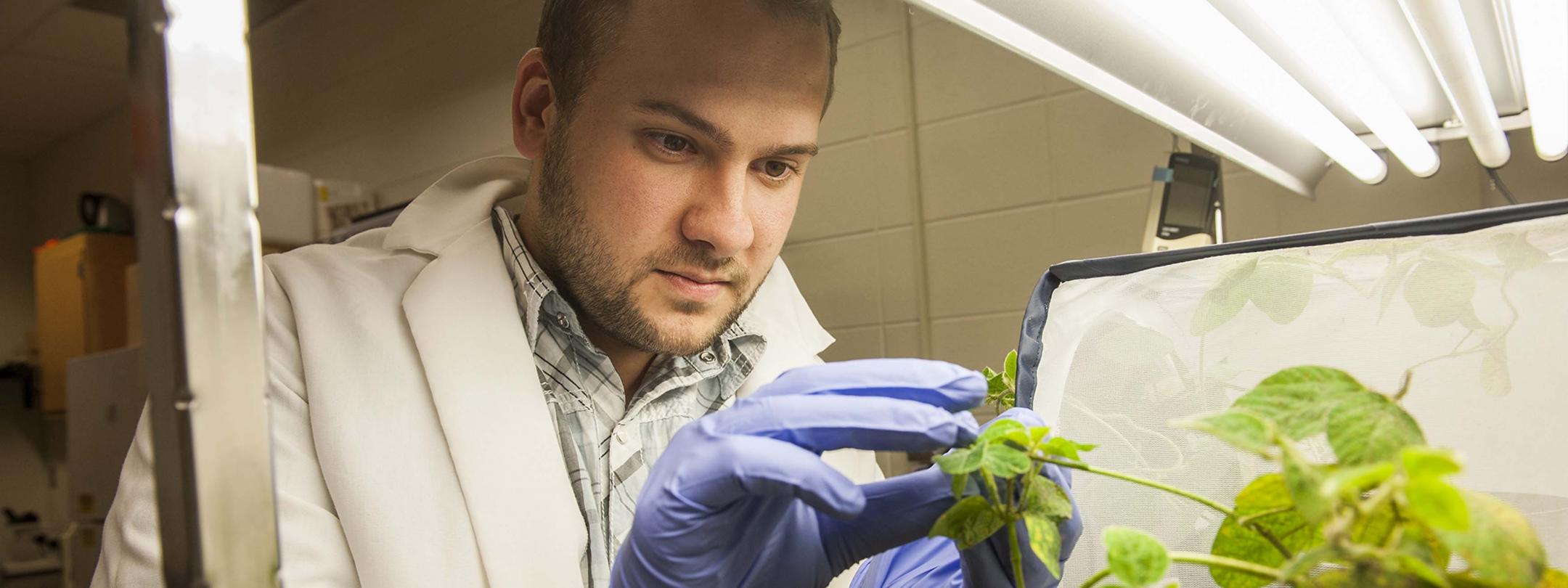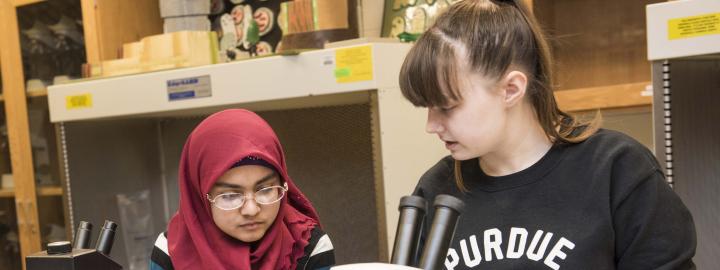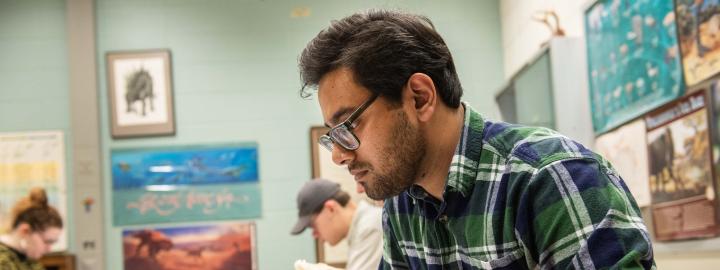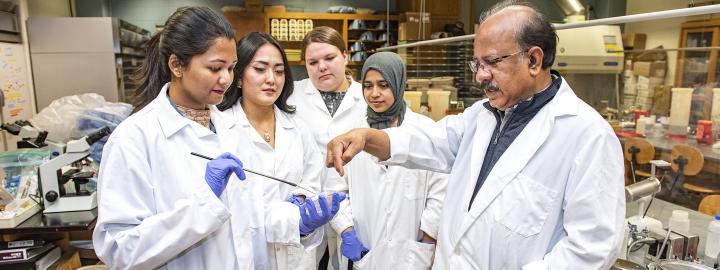
Biological Sciences Programs
It takes persistence to make differences that matter.
Whether you’re looking for a degree, minor, or certificate, the Department of Biological Sciences has the program you need to meet your goals.

Biology (B.S.) with Concentration in Microbiology and Immunology
This is the perfect path for you if you plan to further your education in a professional or graduate program, such as medical school or medical technology. You’ll be equipped with lab knowledge and experiences that are fundamental to many jobs across varying industries, as well as public health.

Program
Highlights
Program Highlights
- Top-notch research and problem-solving skills
- Experience with quantitative analysis
- Support from the Mastodon community
- A prestigious Purdue degree
Scholarships
Looking for ways to make paying for college a little easier? ScholarshipUniverse is a tool for current and admitted Purdue Fort Wayne students that allows you to create an academic profile and connect with scholarship opportunities.
For more information about all the scholarships available at Purdue Fort Wayne—including opportunities for specific programs—you can visit the Office of Financial Aid or contact us at [email protected].
Student Learning Outcomes
Upon completion of this degree, students will be able to demonstrate the following learning outcomes:
- A level of competency for understanding core principles of evolution, organismal diversity, ecology, biological structure, biological function, molecular biology, and genetics
- Locate and critically evaluate scientific information to help develop relevant questions and hypotheses, interpret the results of investigations, and synthesize and apply new and existing knowledge
- Design studies to test biological hypotheses using laboratory, field, or computational methods that meet professional ethical standards
- Effectively communicate the results of scientific research verbally and in writing
- Learn independently, analyze data, interpret results, synthesize information, and critically evaluate the significance of research results and new knowledge
- An awareness of the relevance of biological knowledge to human health and welfare in local, national, and international communities
- Biostatistician
- Clinical Lab Scientist
- Dentist
- Environmental Scientist or Specialist
- Forensic Pathologist
- Geneticist
- Immunologist
- Lab Manager
- Marine Biologist
- Microbiologist
- Physician
- Science Writer
- Toxicologist
- Veterinarian
- Wildlife Biologist









